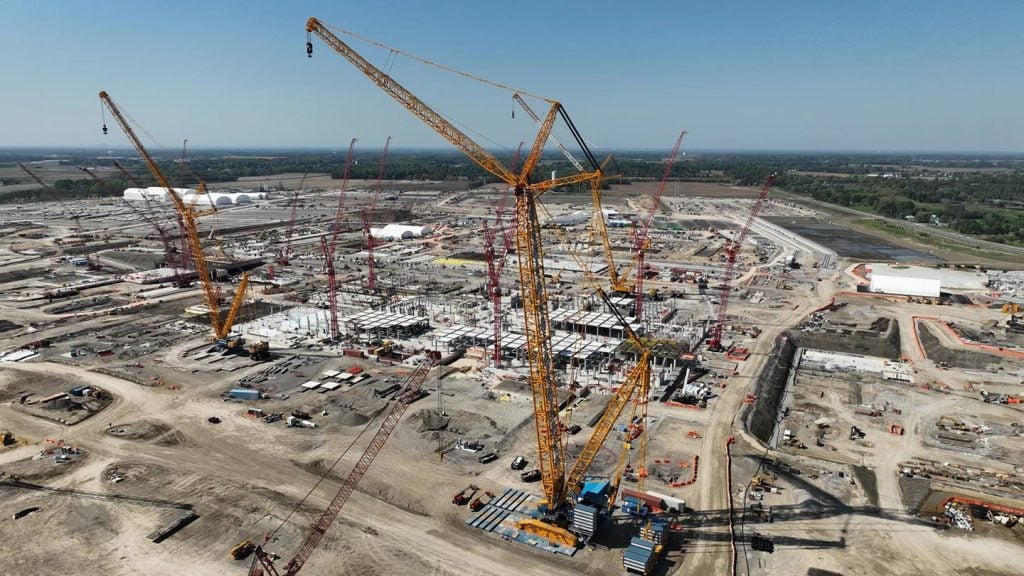
The UK’s energy regulator Ofgem has given the green light to a trial of up to 3,000 commercial electric vehicles (EVs) to begin in 2019, as part of the biggest push yet to prepare the country for the EV revolution.
The three-year project, named Optimise Prime, will focus on the infrastructure required by electric vehicles, which is considered one of the biggest barriers to widespread adoption.
It will be led by Hitachi Vantara and electricity distributor UK Power Networks.
Uber, which has goals to make all of its cars in London electric by 2025, will provide anonymised data from thousands of electric car trips across the UK. This data will provide insight into the impact that EVs will have on the private hire sector.
“EVs are a massive driver of opportunity in the shift to smart energy and decarbonised transport, but they also present a huge infrastructure challenge,” said Nicole Thompson, director of social innovation & co-creation partnerships at Hitachi Vantara.
“Our ability to exploit data will be critical to enable us to understand the challenge and test the best ways to overcome it.”
How well do you really know your competitors?
Access the most comprehensive Company Profiles on the market, powered by GlobalData. Save hours of research. Gain competitive edge.

Thank you!
Your download email will arrive shortly
Not ready to buy yet? Download a free sample
We are confident about the unique quality of our Company Profiles. However, we want you to make the most beneficial decision for your business, so we offer a free sample that you can download by submitting the below form
By GlobalDataCentrica, the owner of British Gas, will provide EVs from its British Gas fleet as well as charging solutions.
Scottish and Southern Electricity Networks, Hitachi Europe and Hitachi Capital Vehicle Solutions are also supporting the project.
Together, these partners will provide £18m in funding, with Ofgem contributing a further £16.6m.
Ian Cameron, Head of Innovation at UK Power Networks, said:
“For electric vehicles, it’s no longer a case of the tipping point, but the jumping point because when large-scale commercial electric vehicle operators decide to switch from petrol or diesel to electric the impact will be instant. There’s incredible potential to improve the air quality of our towns and cities and we want to help that happen at the lowest possible cost to our customers.”
Smart charging key to commercial electric vehicles
The project will explore the feasibility of smart charging, which would see EVs adjust their charge rate depending on the demand placed on the grid.
This could also involve EVs putting electricity back into the grid at peak times and charging at off-peak levels, creating savings for EV owners.
The projects projections estimate this flexibility will free up enough capacity on the electricity network to supply a million homes.
Earlier this year National Grid identified smart charging as a key way to meet the power demands of electric vehicles.
Much of the data gleaned from this project will be shared openly with the wider industry.
The consortium will also aim to find solutions to the large upfront costs that come with installing charging points around the UK.
Shirley Rodrigues, the Deputy Mayor of Environment and Energy, said:
“I welcome this ambitious project which will support the work of the Mayor’s Electric Vehicle Infrastructure Taskforce and proves the wider roll out of electric fleets is both essential for cleaning up toxic air quality and vital to the good growth of our city. I’m pleased that trials begin early next year shortly before the 24 hour Ultra Low Emission Zone is introduced in April 2019 in central London.”
While the project will launch early 2019, the first Optimise Prime vehicles are expected to be on the road in the second half of the year.







